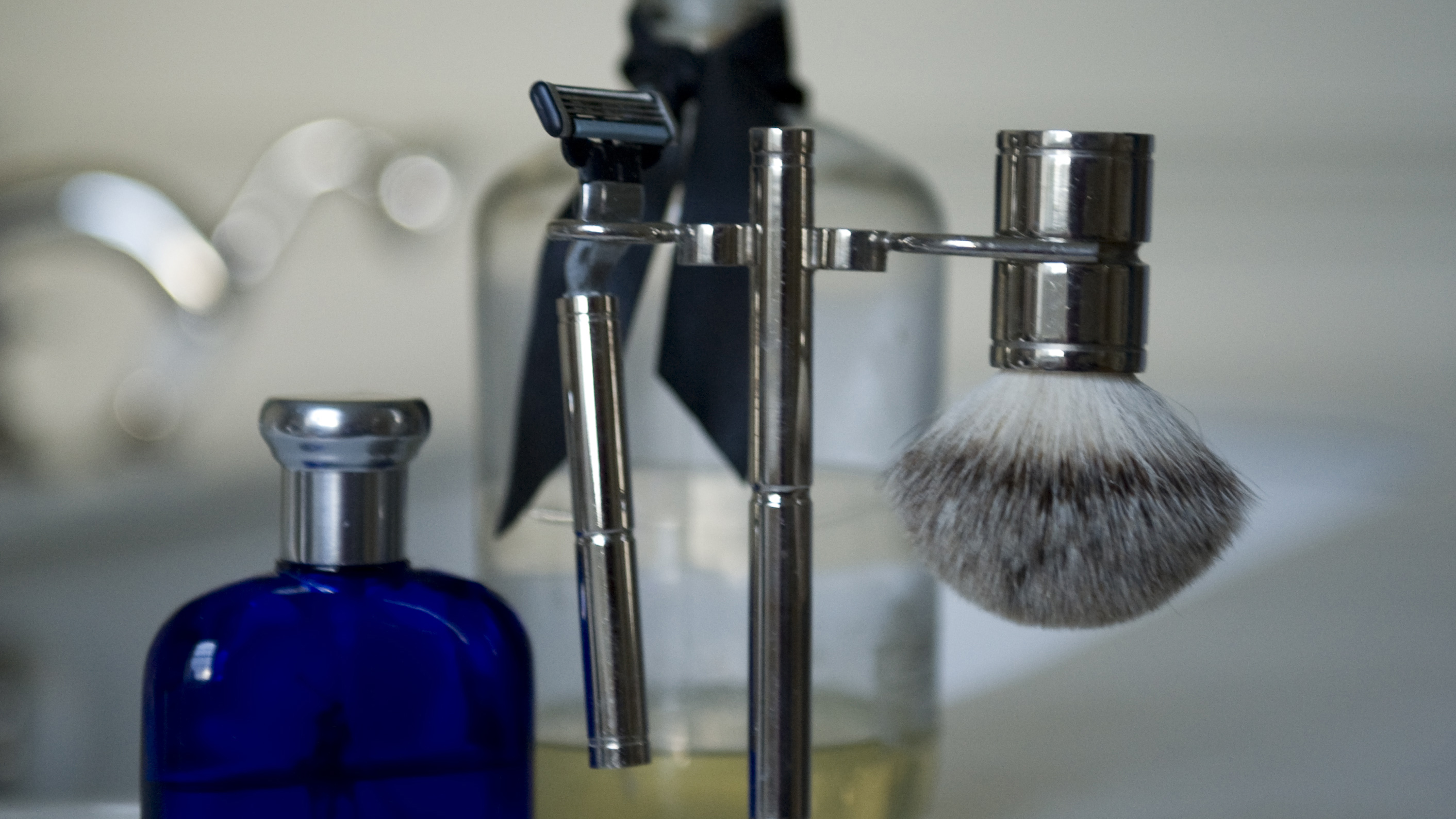
This week science has shown that clean shaven is not always best, and that brief periods of stress are actually good for you. We've seen modified bacteria literally nuke cancer cells, and British scientists propose a good old space harpoon as the way to clear Earth's orbit of some 6,000 tonnes of space debris. All that and more in another exciting edition of Week in Science.
Stop shaving to boost your attractiveness - It turns out the rough gets more love than the smooth. A new study has shown that a man's attractiveness to both men and women peaks with "heavy" or 10-day stubble. During a test, both heterosexual men and women were asked to rate pictures of men with varying levels of beard growth. Men with full beards and clean shaven faces were rated with similar health and attractiveness, while bearded men were perceived to have higher levels of parenting skills.

However, 10-day stubble were ranked as the most desirable, possibly due to the connotations of masculinity and maturity without looking aggressive. Five-day stubble was ranked lowest, possibly due to its patchy nature, which shows that you need a certain amount of hair on your face before the stubble effect kicks in. Next time you go out on a date, maybe reach for the beard trimmer instead of the razor. [Evolution and Human Behaviour]
Radioactively-labelled bacteria literally nuke cancer cells - Bacteria are both our friends and our enemies. One particular bacterium, that can cause diseases such as meningitis, may finally become useful. Scientists using a modified strain of Listeria monocytogenes, labelled with a radioactive antibody, found that the bacteria specifically attack cancer cells, entering them and delivering the radioactive payload, killing them off.
Normal healthy cells were pretty much untouched, because our immune system took care of the bacteria easily. Tumour cells prevent your immune system from operating in their vicinity, leaving them open to attack by the bacteria. Testing in mice showed a 90 per cent reduction in metastasised cancer cells, and a tumour reduction of up to 64 per cent after treatment with the bacteria. Further research is needed to work on safety factors and various different forms of radioactive labelling agents, but this kind of targeted bacteria-led treatment shows huge potential in the war against cancer. [Cancer Research]
Circumcision changes the ecosystem of your penis - It's well known that circumcised men have a significantly reduced likelihood of contracting certain sexually transmitted diseases, such as HIV. While we don't specifically know the mechanism of this resistance, a new study shows that the bacterial load of the penis is significantly altered when a man is circumcised.
Research from Uganda monitored their microbial species on the penises of 156 uncircumcised men, then randomly circumcised half of the men before retesting them a year later. The results showed a substantial decrease in the amount of bacteria found after circumcision. How this translates into resistance against viral infection is unclear - however it could be through reduced skin irritation by anaerobic bacteria or another effect of bacterial colonisation that's caused by the warm, moist pocket of foreskin. Whatever the reason, it's clear that circumcision could actually benefit a man's sexual hygiene. [mBio]
Sign up for breaking news, reviews, opinion, top tech deals, and more.
Stress isn't all bad - Stress is one of the biggest, non-disease-related killers of our generation, with chronic stress, whether work or emotional, known to cause significant wear and tear on our bodies, ageing us prematurely and damaging our DNA. However, a new study has shown that brief periods of stress can actually be beneficial to our cells, but only if you're not chronically stressed beforehand.

The cellular mechanisms that underpin the findings are, as yet, unknown, but significantly lower levels of cellular damage were discovered in a test group consisting of generally relaxed people put under brief periods of stress. The results suggest that being totally relaxed all the time isn't quite as healthy for you as brief periods of stress. [Psychoneuroendocrinology]